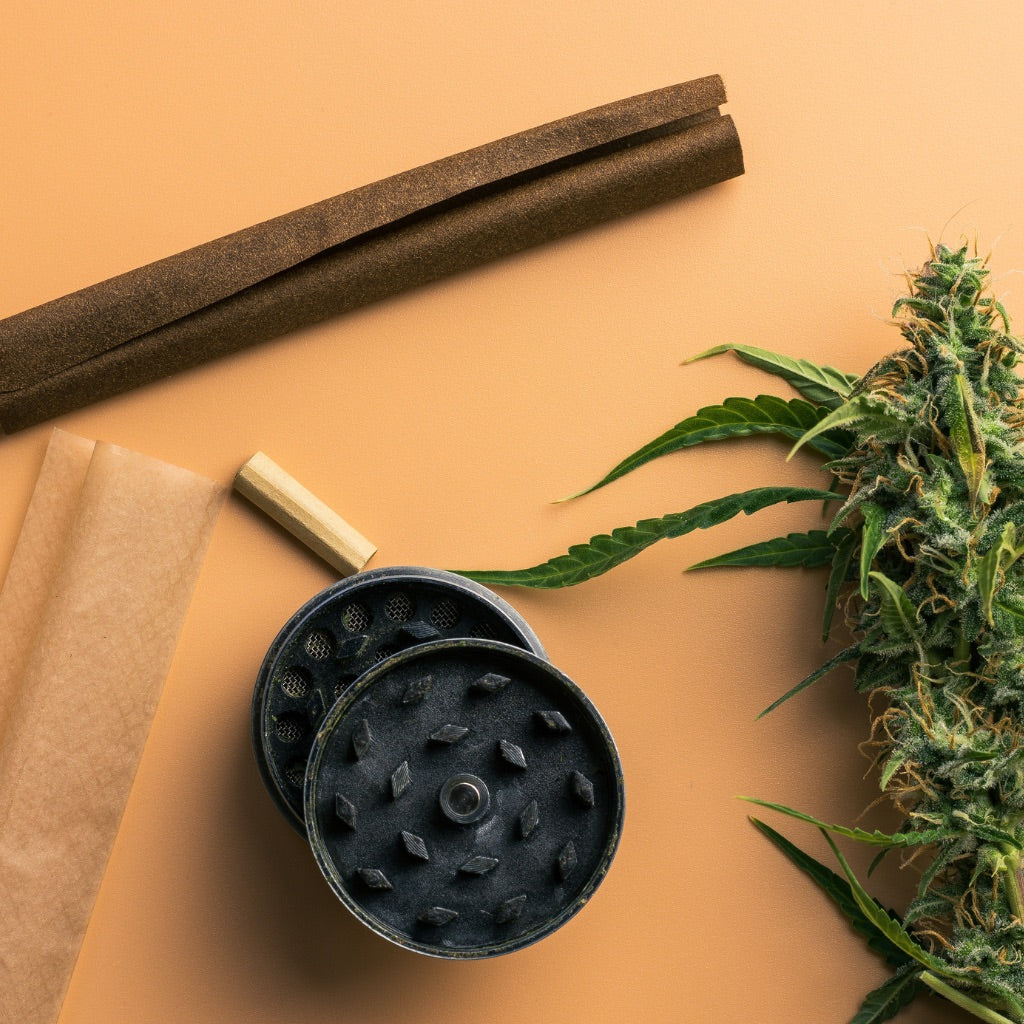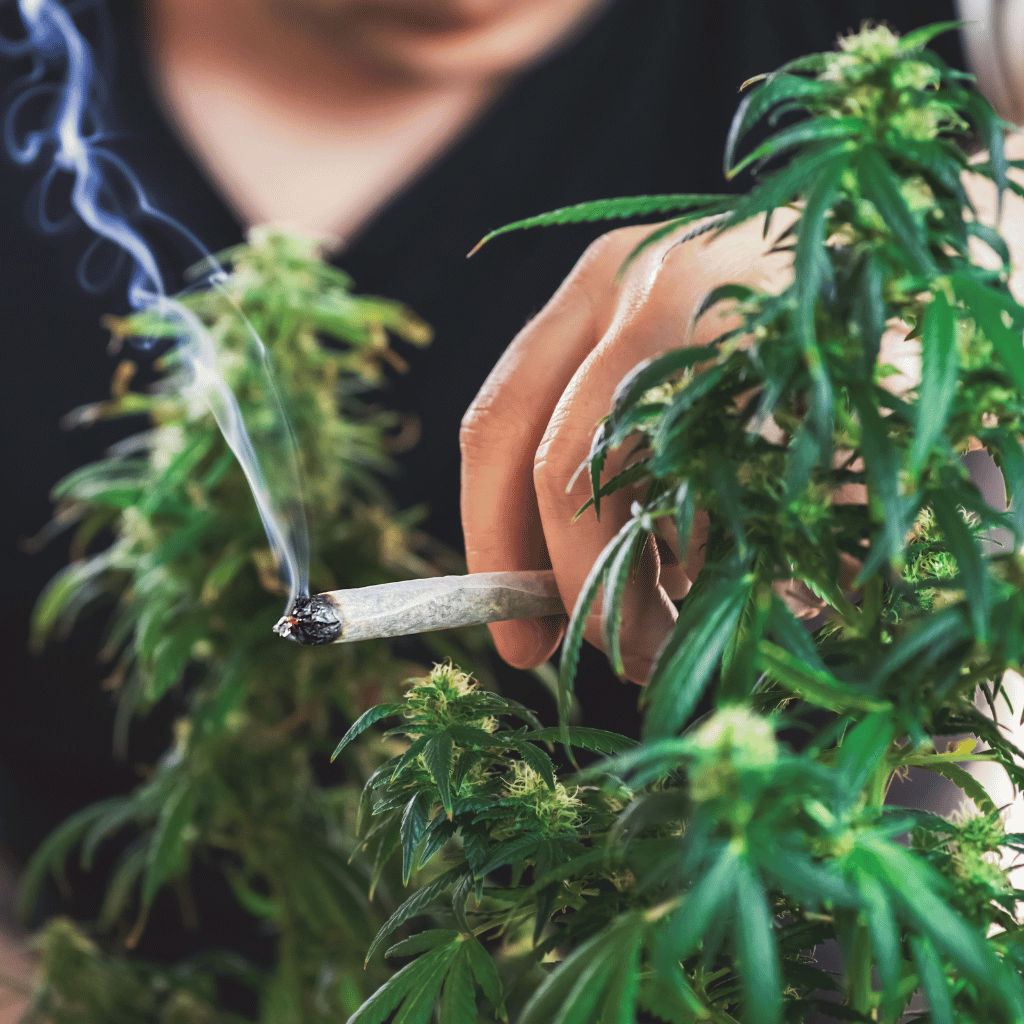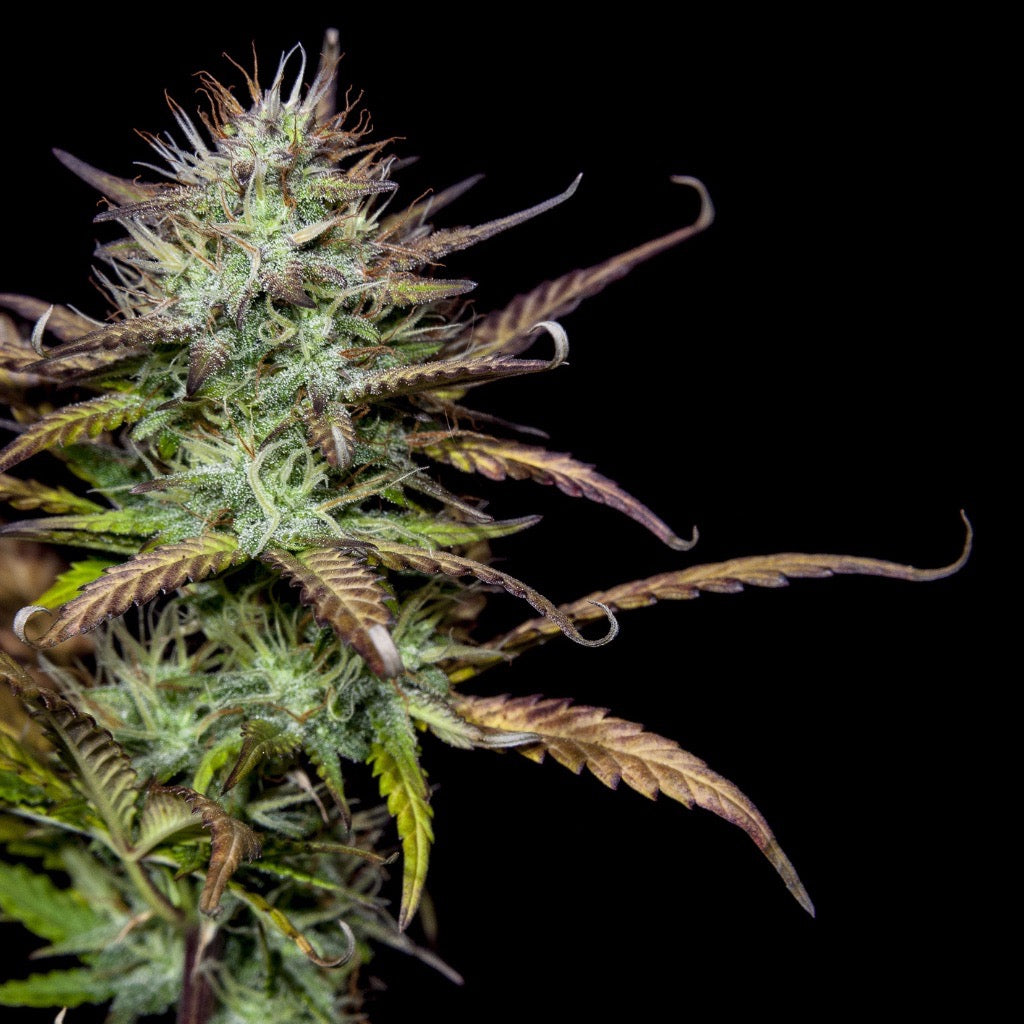Cannabis has been legalized for medical and even recreational purposes in many countries in recent years. This development has expanded the variety of THC products available. THC, short for tetrahydrocannabinol, is the psychoactive compound in cannabis responsible for the well-known “high.” THC can be consumed in many ways, from traditional cannabis flowers to vapes, oils, and edibles like gummies. This guide provides a detailed overview of all available THC products, their effects, and applications, highlighting the growing variety that interests both recreational users and medical patients.
Cannabis Flowers: The Classic THC Product
Cannabis flowers remain the most well-known THC product. These dried flowers of the cannabis plant are traditionally smoked or vaporized. THC content in flowers varies significantly depending on the strain, influencing the intensity of effects. Cannabis flowers are available in a variety of strains, such as Indica and Sativa, which offer different effects ranging from relaxing to stimulating.
Advantages and Uses of Cannabis Flowers:
• Variety of Strains: A wide selection of strains with varying THC levels and effects.
• Customizable Dosing: Users can easily control the amount consumed to achieve the desired effect.
• Quick Onset: Effects are felt within minutes when smoked or vaporized.
Vapes: A Modern THC Consumption Method
Vapes or vaporizers provide a modern and discreet way to consume THC. These devices heat THC-infused liquid, which is then inhaled as vapor. Unlike traditional smoking, vaping eliminates combustion, potentially making it a healthier option. Vape pens are portable and odorless, making them especially discreet.
Advantages of Vapes:
• Discreet and Portable: Convenient to carry and leaves no strong odor.
• Healthier Alternative: Produces fewer harmful byproducts than smoking.
• Fast-Acting: Effects are felt almost immediately, similar to smoking.
THC Oils and Tinctures
THC oils and tinctures are especially popular in medical applications because they allow precise dosing. These products contain concentrated THC and are usually taken sublingually (under the tongue). While effects take longer to appear compared to smoking, they last longer.
Advantages of THC Oils and Tinctures:
• Precise Dosage: Ideal for medical use where accurate dosing is critical.
• Discreet Consumption: Odorless and easy to use discreetly.
• Long-Lasting Effects: Effects last longer compared to smoking or vaping.
Edible THC Products
Edibles are one of the most popular THC consumption methods, particularly in regions where cannabis is legal. These include THC-infused gummies, chocolates, cookies, and even beverages. Edibles offer long-lasting, often more intense effects since THC is absorbed through digestion. However, the onset can take up to two hours.
Examples of Edible THC Products:
• THC Gummies: Sweet, fruit-flavored gummies infused with precise THC dosages.
• Chocolates: Cannabis-infused chocolate is a favorite among edible enthusiasts.
• Cookies and Brownies: Classic cannabis edibles offering a tasty and effective way to consume THC.
Advantages and Risks of Edibles:
• Long-Lasting Effects: Effects can last for several hours, making them ideal for extended relaxation.
• Discreet Consumption: Edibles are easy to consume without drawing attention.
• Overdose Risk: Delayed effects can lead to overconsumption, causing stronger side effects like anxiety.
THC Cosmetics: Skincare and Body Care
A growing sector involves THC-infused cosmetic products. These include creams, salves, and lotions designed for external use to treat skin conditions or alleviate muscle tension. Such products often contain low levels of THC and are non-psychoactive.
Advantages of THC Cosmetics:
• Anti-Inflammatory Properties: Effective for skin issues like acne or eczema.
• Pain Relief: Many users report relief from muscle and joint pain.
Medical THC Products: Targeted Relief for Severe Conditions
Medical cannabis with high THC content is used to treat serious illnesses. These products are available as flowers, oils, capsules, and even transdermal patches. Medical THC is commonly prescribed for pain relief, appetite stimulation, and nausea management, especially in patients with cancer or chronic pain.
Examples of Medical Applications:
• Pain Management: THC is prescribed for chronic pain and neurological conditions.
• Appetite Stimulation: Beneficial for patients suffering from appetite loss, such as those undergoing chemotherapy.
• Nausea Reduction: THC is frequently used to alleviate nausea, particularly during cancer treatments.
Cultivation Products
With the legalization of cannabis in many regions, cultivation products are also widely available. Cannabis seeds, nutrients, and grow systems are popular among home growers. Many strains are specifically bred for home cultivation, offering varying THC levels and effects.
Examples of Cultivation Products:
• Seeds and Clones: Strains with different THC levels for tailored cultivation.
• THC Cuttings: Favored by indoor growers, as they simplify the process and yield faster harvests.
Conclusion
The variety of THC products available today is greater than ever. Whether you’re looking for flowers, vapes, edibles, oils, or cosmetics, the options are vast. THC has established itself as a valuable therapeutic agent in medical contexts, while recreational users can choose from a wide range of products to tailor their experience. Regardless of the product you select, proper dosing and usage are key to maximizing effects and minimizing side effects.




Leave a comment
This site is protected by hCaptcha and the hCaptcha Privacy Policy and Terms of Service apply.